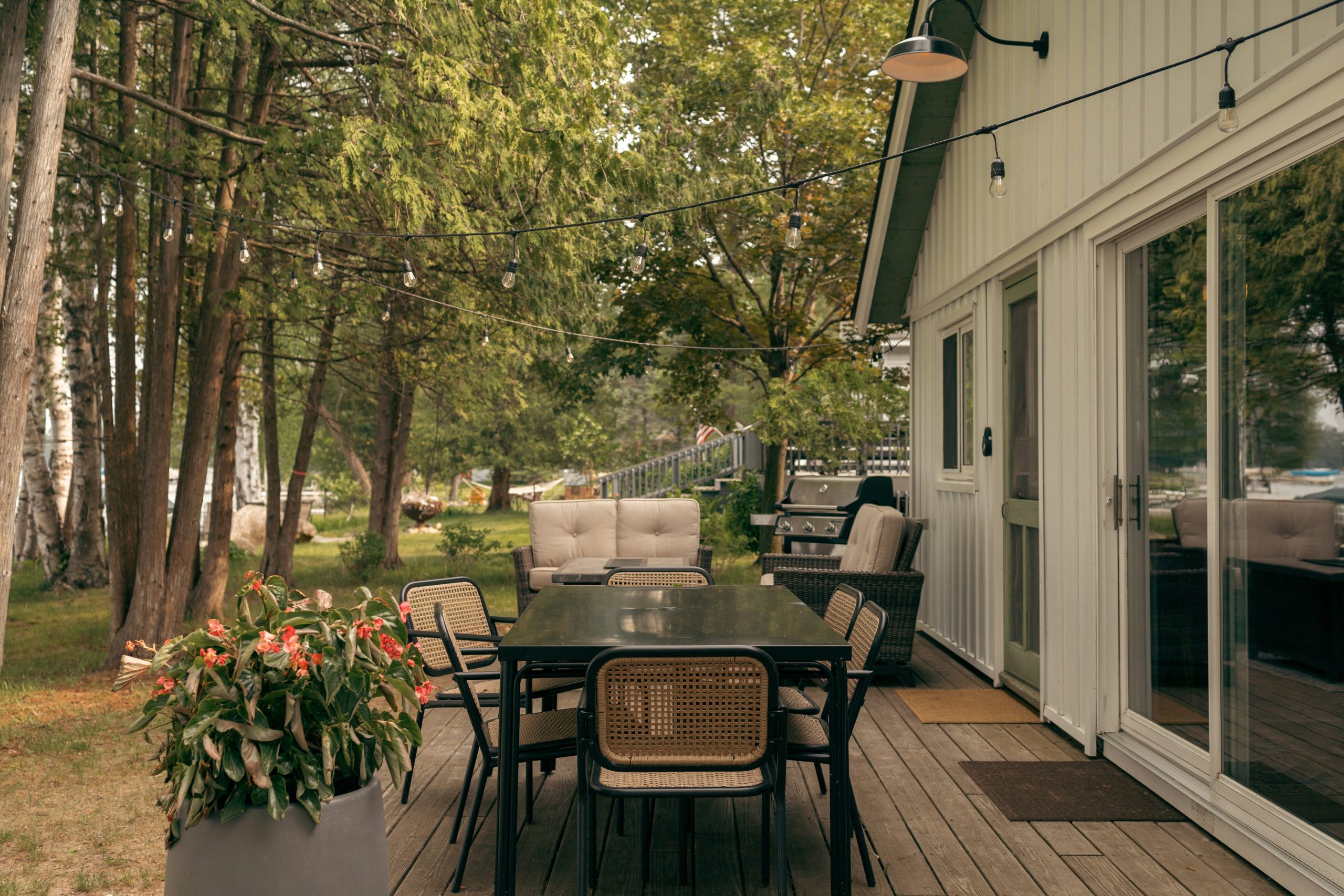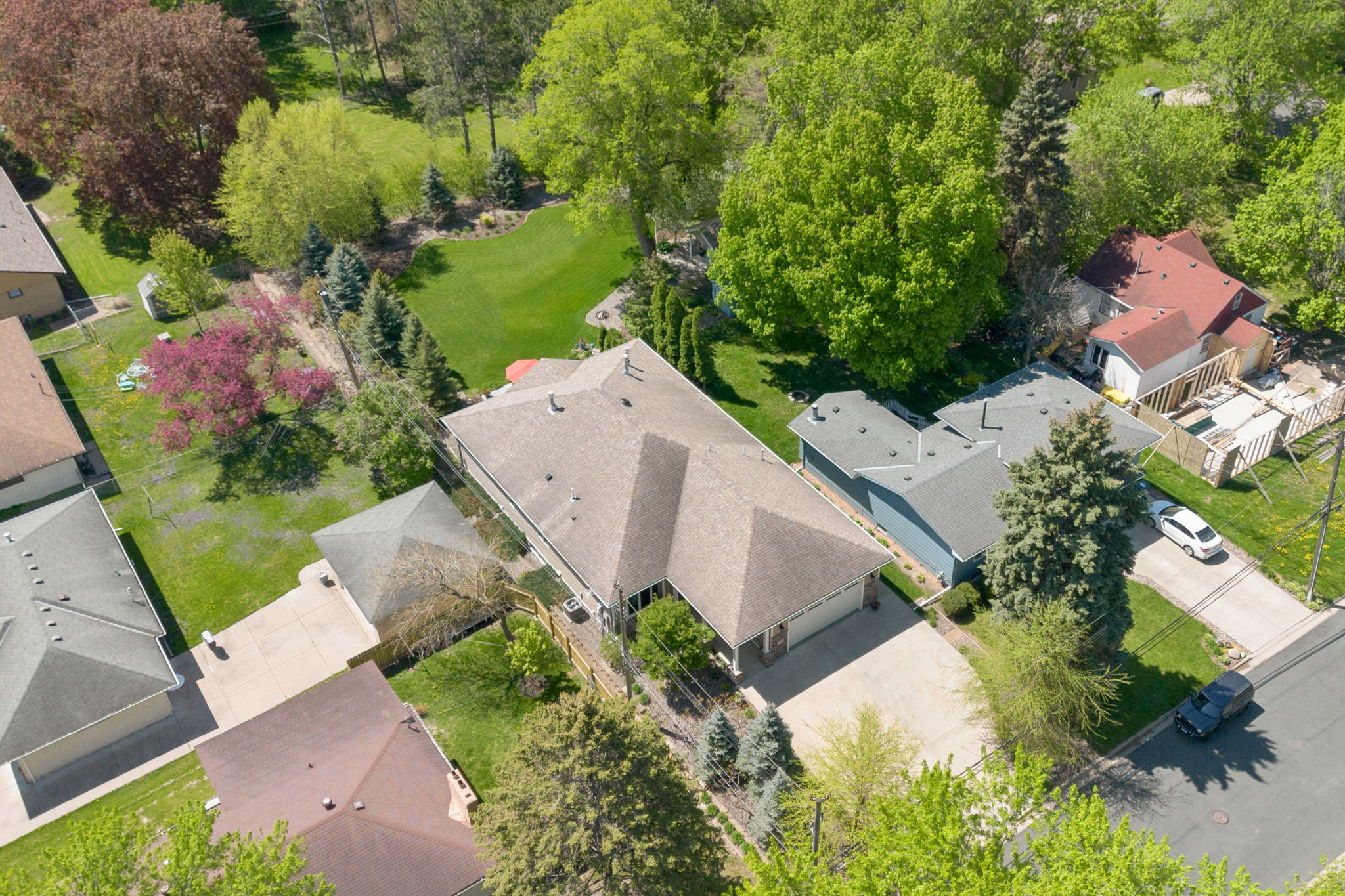In the ever-evolving landscape of real estate, one misconception often prevails: the idea that a higher price tag guarantees a better outcome for sellers. However, in today’s market characterized by uncertainty and discerning buyers, this notion couldn’t be further from the truth.
In the quest to maximize profits, many sellers fall into the trap of overpricing their properties. What they fail to realize is that overpricing can have detrimental effects on the sale process, ultimately leading to unfavorable outcomes.
One of the most significant risks associated with overpricing is the prolonged time a property spends on the market. In a market where inventory levels fluctuate and buyer demand waxes and wanes, an overpriced home can languish unsold for weeks, if not months. Unfortunately, an extended listing period can cast a shadow of doubt over the property, making it appear stale and unattractive to potential buyers.
Moreover, savvy buyers are quick to recognize overpriced listings and approach them with skepticism. Instead of viewing them as desirable investments, buyers may perceive overpriced homes as indicative of underlying issues or unrealistic seller expectations. Consequently, overpricing can deter qualified buyers, resulting in fewer showings and diminished interest.
Pricing a home competitively can yield far more favorable results. By setting a realistic price based on thorough market analysis, including factors such as comparable sales, current market conditions, and the property’s condition, sellers can attract motivated buyers willing to pay fair market value. In essence, pricing your home strategically positions it as an attractive and desirable option in the eyes of prospective buyers.
Furthermore, a competitively priced home often experiences a faster and smoother selling process. With a price tag that aligns with market expectations, sellers can generate greater interest and engagement from potential buyers, leading to more offers and, ultimately, a quicker sale.
In today’s dynamic real estate market, sellers must recognize that a higher price is not always synonymous with a better outcome. By avoiding the pitfalls of overpricing and adopting a strategic pricing approach, sellers can position their homes for success, attracting qualified buyers and maximizing their chances of a successful sale. Remember, in real estate, it’s not just about the price; it’s about finding the perfect balance between value and opportunity.






